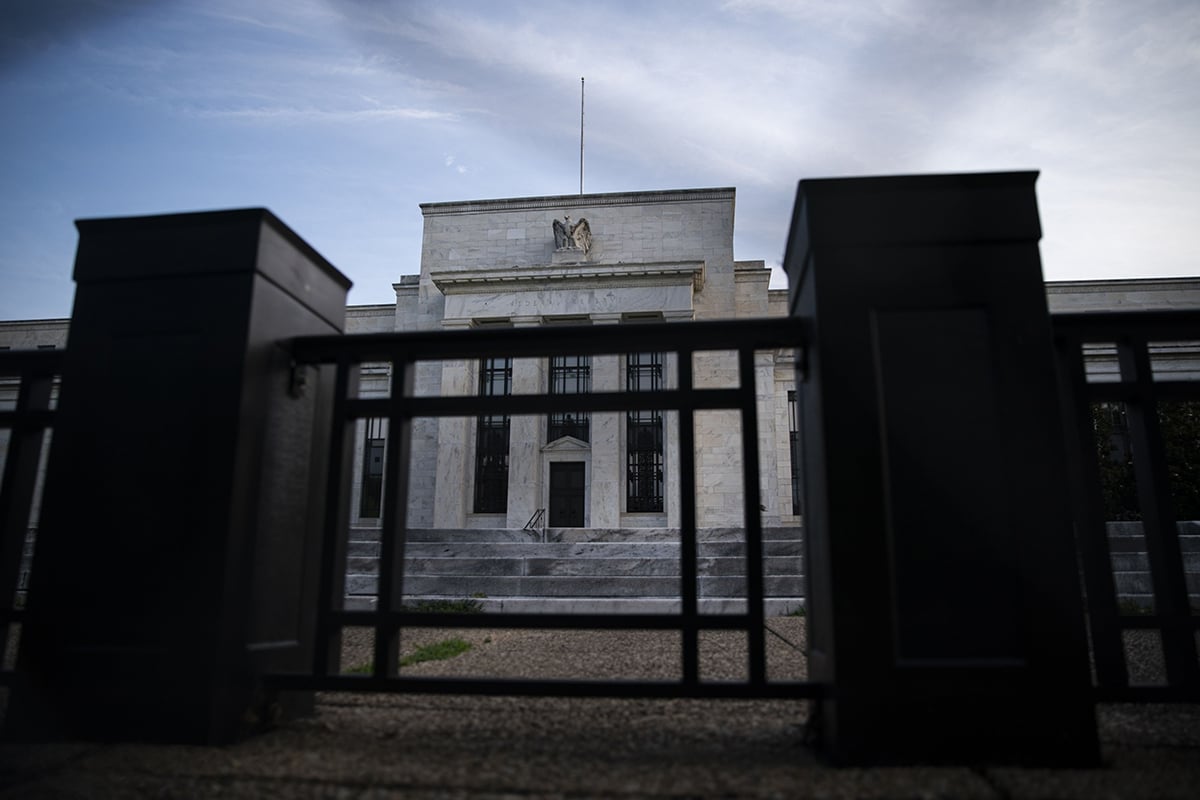Amid the fallout of the General Electric Co. (GE) debacle, a delicate but crucial social contract between shareholders, bondholders, and corporate America is being quietly redrawn.
For a decade since the financial crisis, U.S. companies have piled up debt to fund generous equity buybacks, helping supercharge a fourfold jump in the S&P 500 Index. But as scrutiny on companies' financial health mounts, creditors are seeking to wrestle back control and curb these balance-sheet-be-damned maneuvers.
Already, U.S. companies are curtailing the volume of bonds sold to buy back their own stock—reducing that amount by a third in 2018, based on a Bloomberg data search of transactions detailing use of proceeds. In Europe, where it's more unusual for companies to borrow to redeem stock and profitability has recovered more slowly, issuance is running at an eight-year low.
Complete your profile to continue reading and get FREE access to Treasury & Risk, part of your ALM digital membership.
Your access to unlimited Treasury & Risk content isn’t changing.
Once you are an ALM digital member, you’ll receive:
- Critical Treasury & Risk information including in-depth analysis of treasury and finance best practices, case studies with corporate innovators, informative newsletters, educational webcasts and videos, and resources from industry leaders.
- Exclusive discounts on ALM and Treasury & Risk events.
- Access to other award-winning ALM websites including PropertyCasualty360.com and Law.com.
*May exclude premium content
Already have an account? Sign In
© 2024 ALM Global, LLC, All Rights Reserved. Request academic re-use from www.copyright.com. All other uses, submit a request to [email protected]. For more information visit Asset & Logo Licensing.







